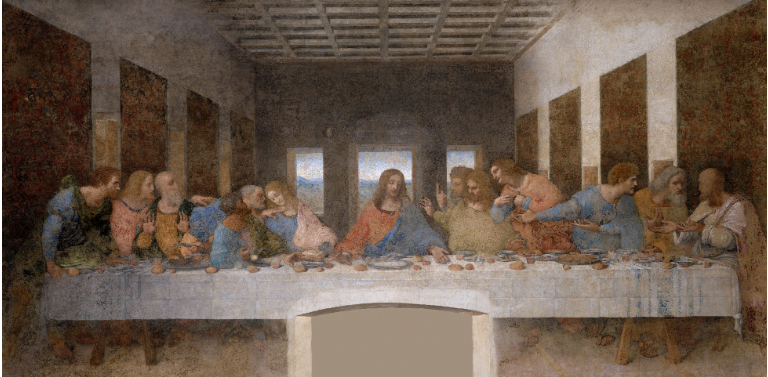Literary Nostalgia
- Kiara Aggarwal
- Jun 1, 2025
- 3 min read
By Abhi

Personally, I have to always know what I’m getting myself into. Regardless the context. And one of the ways this traits manifests is through re-reading.
It’s the art of familiarity. The comfort of repetition. The quiet act of doing something simply because you already know how it ends.
When I’m not re-reading my favorite books into oblivion, I’m devouring the same author’s entire bibliography. I re-watch the same movies and shows over and over again, because I want to be in the same shoes of the person I once was. I listen to the same old trashy songs and listen to the same artists on loop until my Spotify begs for mercy.
As most of you know, these are called “comfort reads,” but it’s more than that. It’s the gentle, necessary beauty of escapism, how it cradles us through grief, burnout, and the feeling of coming undone.
Turns out, science is behind all this. There’s a study titled “Psychological Effects of Reading:
The Role of Nostalgia in Re-Reading Favorite Books" by Margaret A. Kneuer, Jeffrey D. Green, and Athena H. Cairo. It was published in 2022 in “The Journal of Social Psychology”.
The researchers explored why re-reading feels so profoundly comforting, and why so many of us instinctively turn to it like muscle memory when the world becomes too loud. In the first part of their research, they found something deeply human: people with a strong sense of nostalgia reported greater enjoyment in rereading. It wasn’t just a quirky habit or guilty pleasure, it was a form of emotional regulation. A ritual of grounding. A way to return to ourselves.
The second phase of the study took it even further. Participants were split into three groups: one read a beloved novel, one read a new book, and the last skimmed through newspaper articles. The results were quiet radical. The re-readers didn’t just report enjoyment; they experienced deeper nostalgia, stronger emotional connection, and a clearer sense of meaning and purpose in their lives. In other words, familiar stories didn’t just help pass the time. It made people feel less alone. Familiarity turned into softly woven sweaters, stitched together with words we already knew by heart.
When we re-read a beloved book, we’re not just returning to the story, we're reactivating the emotional memory woven into its pages. Neuroscientifically, familiar narratives stimulate the hippocampus and amygdala, regions linked to memory and emotion. The brain doesn’t simply recognize the plot; it recalls the scent of the coffee table you sat at, the rhythm of your heart flutter when you flipped through the next page a couple of years ago. It compares your present self with the past self that once held this book.
Psychologically, the predictability of a well-known story offers something the world rarely does: certainty. The brain often seeks out patterns and familiarity to feel safe. A book you’ve read ten times already knows how to hold you. There are no unexpected deaths, no twisted plots, no unexplained plot holes, it’s just you and a friend you once knew.
You’re telling me I have a chance to walk through magical dungeons carved in ink,
where dragons, centaurs, mermaids, unicorns sleep between the lines,
to witness life through the eyes of celestial beings,
werewolves that tear apart on a full moon, vampires who mourn their mortality, gods who bleed,
monsters who love,
to kick my feet in the air when two aching hearts finally, finally find each other, after chapters of
near misses and unsaid words,
to step into a cupboard that leads me towards the wonderland,
to clutch the book close to my heart when a beloved character dies, as if I’ve lost a piece of
myself,
to whisper guesses about who the killer is,
to time-travel without machines,
to relive a childhood of magical entities I never had,
the love I never found,
a war I never fought but somehow survived,
to carry multiple universes and worlds in my lavender backpack,
to feel betrayed, ecstatic and curious all over again?
I’d do it in a heartbeat.



Comments